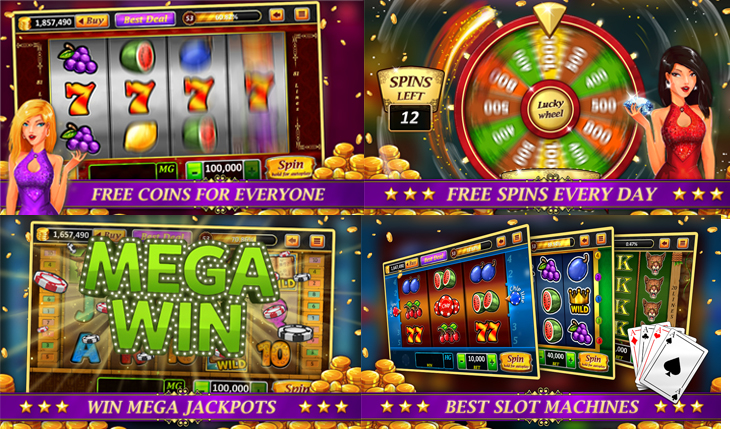In the world of online gaming, the experience has evolved from simply playing a game to engaging in a dynamic community. Online gaming communities have become a central feature of the modern gaming landscape, transforming how players interact with games and each other. While technology and game design continue to advance, it’s the communities built around these Hoki805 games that are shaping the future of the medium.
From Solo Play to Social Interaction
Historically, video games were a solitary experience or limited to local multiplayer modes. However, with the rise of the internet, multiplayer online games have given birth to vibrant communities that go beyond simply playing together. Gamers now gather on forums, social media, streaming platforms, and in-game chat rooms to discuss strategies, share experiences, and even form lasting friendships. The bonds formed within these communities often transcend the boundaries of the games themselves, creating spaces where people can collaborate, compete, and even create new content.
Games like Fortnite, World of Warcraft, League of Legends, and Minecraft have successfully cultivated thriving ecosystems where players are not just participating in the game, but engaging in deep, ongoing social interactions. In these spaces, players discuss everything from game mechanics to real-world issues, with some communities becoming the focal points of culture, fandom, and identity. These communities often have a life of their own, supported by fan art, content creation, and unofficial events that celebrate and expand on the game world.
The Role of Content Creators and Streamers
One of the most significant drivers behind the growth of online gaming communities is the rise of content creators and streamers. Platforms like Twitch and YouTube have enabled players to build careers by sharing their gaming experiences, creating tutorials, and providing commentary. The relationship between streamers and their audiences is a symbiotic one: players watch their favorite creators not just for entertainment, but to be a part of a shared community.
Content creators play a key role in shaping the discourse surrounding games, whether it’s through live-streaming gameplay, sharing tips, or fostering a unique community culture. The communities surrounding these creators often extend into real-life events, where fans gather at conventions or special meet-ups, strengthening the bond between creator and audience.
The Impact on Mental Health and Well-being
While online gaming communities offer opportunities for connection, they also present challenges that can impact mental health. The social nature of gaming can provide a sense of belonging for individuals who might feel isolated in the real world. Studies have shown that for some, gaming communities can offer emotional support and a place for self-expression. However, the pressure to perform, toxicity, and issues like cyberbullying can have a negative impact.
In response to these challenges, many game developers and community managers are prioritizing the mental health of their player bases. Initiatives such as improved moderation tools, community guidelines, and mental health awareness campaigns are becoming more common in the gaming world. Moreover, some gaming platforms are exploring ways to integrate wellness features that allow players to take breaks, manage screen time, and report harmful behaviors.
Gaming as a Career Path
Another significant development within online gaming communities is the emergence of gaming as a career path. From professional eSports players to game developers, streamers, and content creators, the gaming industry has opened up numerous opportunities for individuals to build a career around their passion. Communities centered around these areas provide networking opportunities, mentorship, and collaboration, further legitimizing gaming as a profession.
